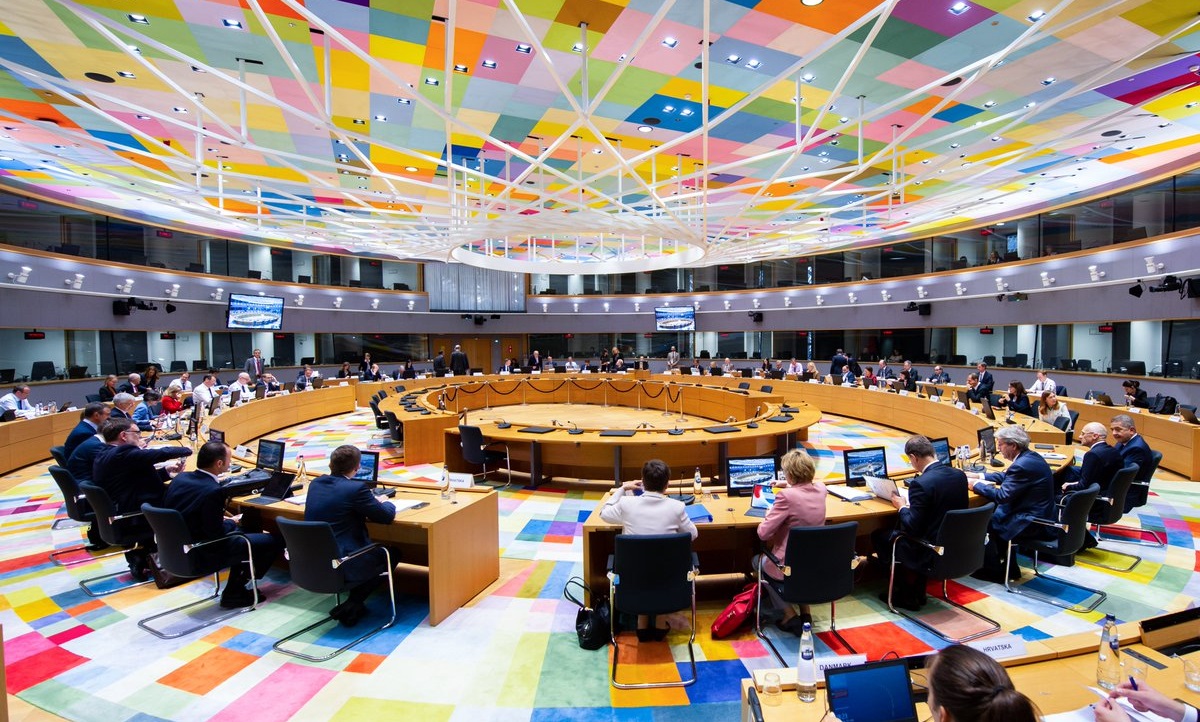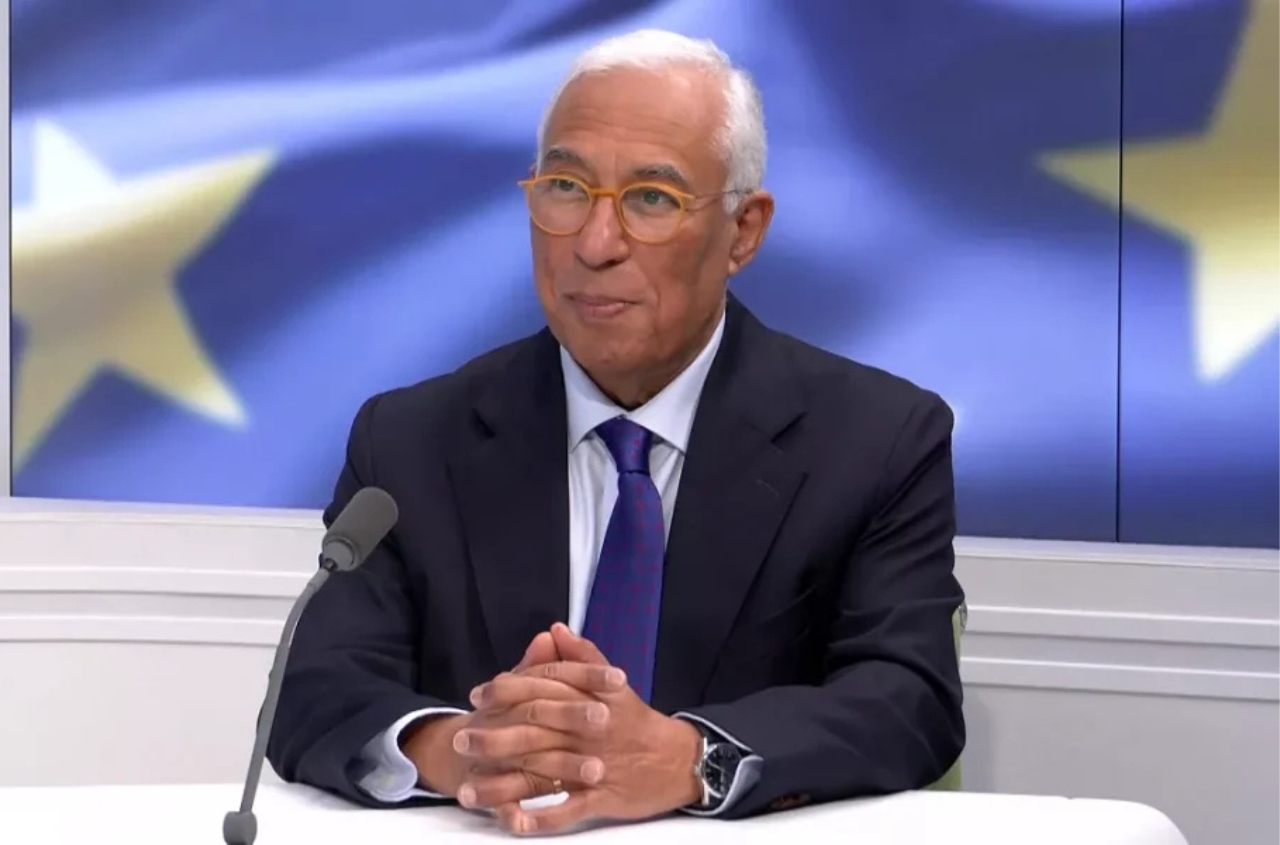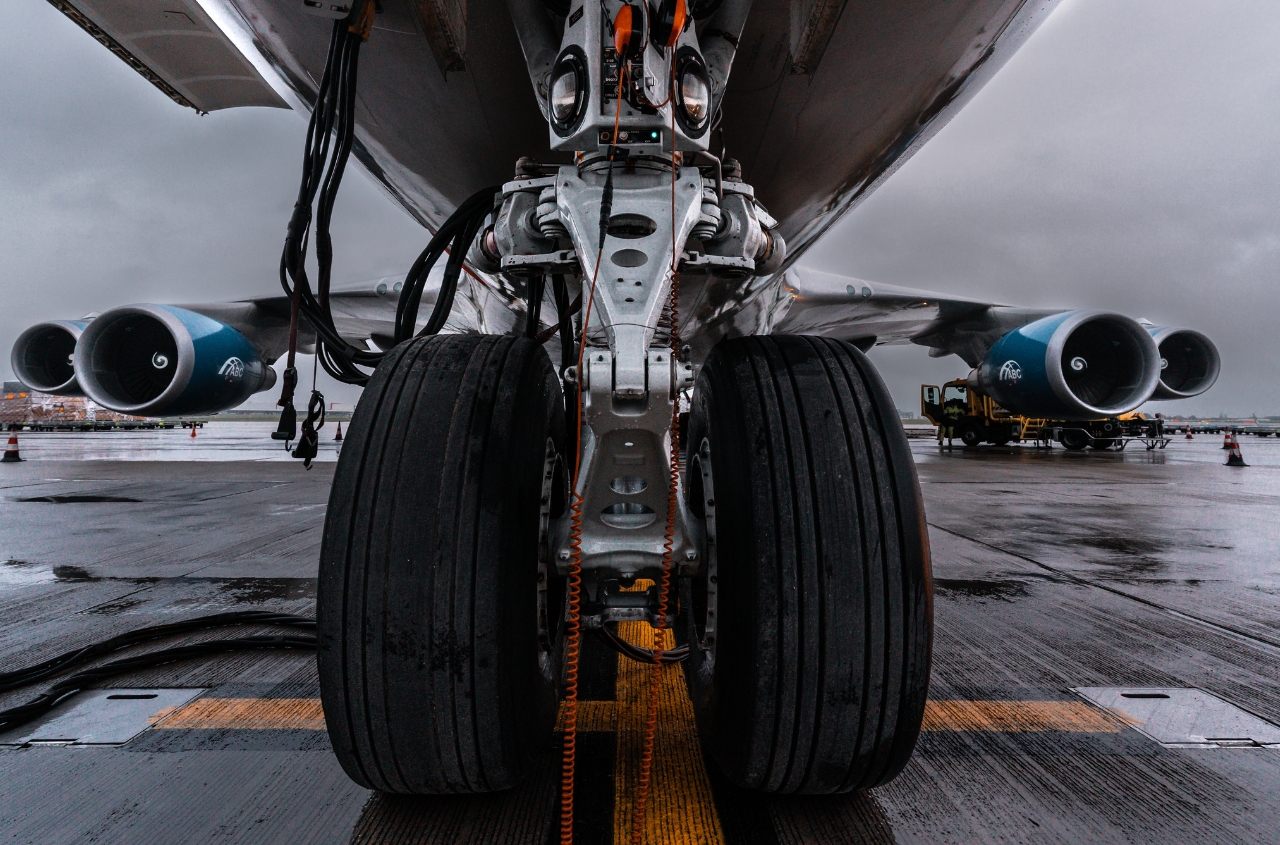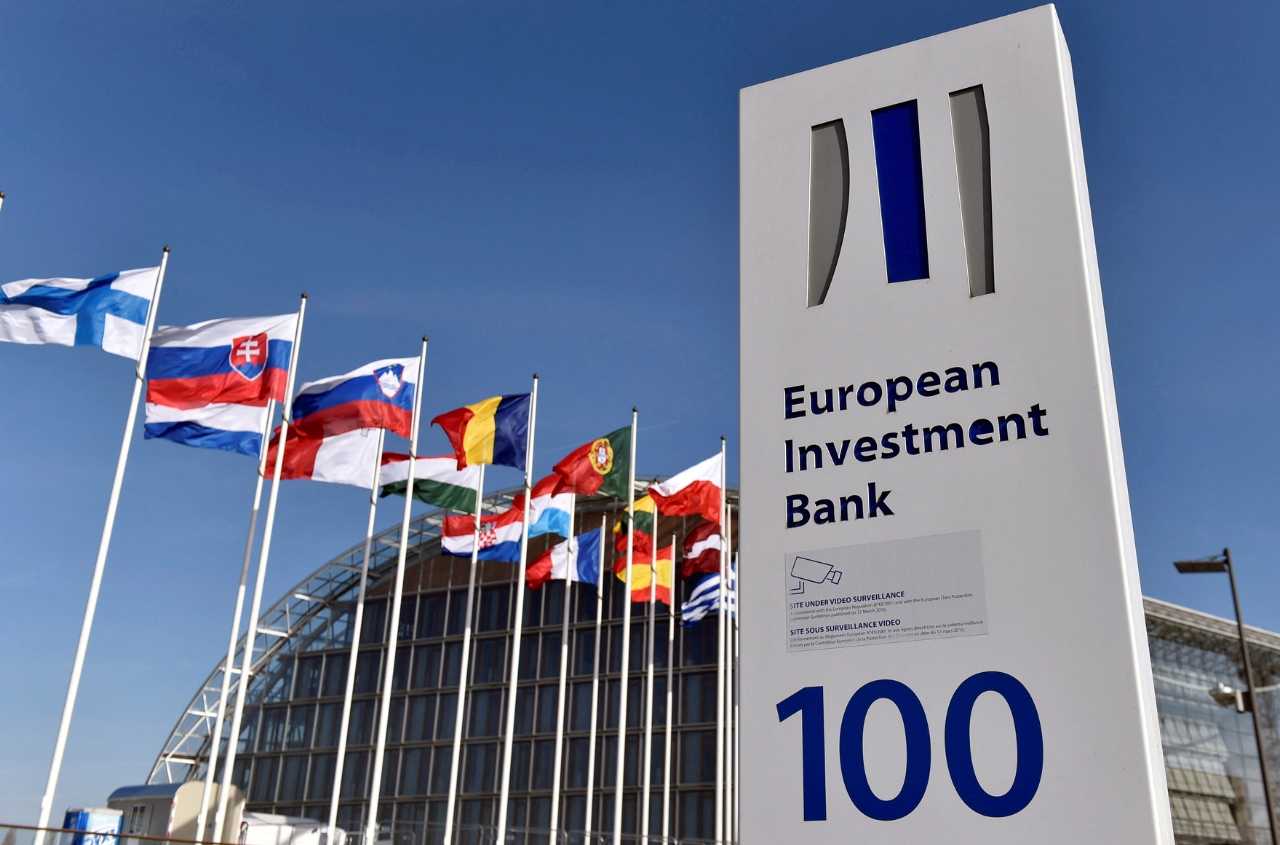The European Union has officially extended its economic sanctions against Russia for another six months, until January 31, 2026, in response to the Kremlin’s ongoing efforts to destabilize Ukraine.
This information has been published on the website of the European Council.
"The European Council reaffirmed its support for a comprehensive, just and lasting peace based on the principles of the UN Charter and international law, in line with the key principles and objectives of Ukraine’s Peace Formula, and underlined the principle that no initiative regarding Ukraine be taken without Ukraine. To this end, the EU and its member states will maintain their intensive global outreach efforts and will participate in the discussions affecting Europe’s security."
The restrictive measures, originally imposed in 2014 following Russia’s annexation of Crimea, have been significantly expanded since Moscow launched its full-scale invasion in February 2022. The sanctions target a wide range of sectors, including trade, finance, energy, transport, technology, and luxury goods.
Key provisions include a ban on the import and transfer of Russian seaborne crude oil and certain petroleum products, the removal of several major Russian banks from the SWIFT international payment system, and the suspension of broadcasting licenses for multiple Kremlin-backed media outlets in the EU.
The measures also include tools to combat sanctions circumvention, ensuring that the penalties remain effective despite Russia’s attempts to bypass them.
In its statement, the Council of the EU emphasized that the sanctions will remain in place as long as Russia continues to violate international law — in particular, the prohibition on the use of force. The EU reaffirmed its readiness to strengthen these measures further, should the situation require it.





















